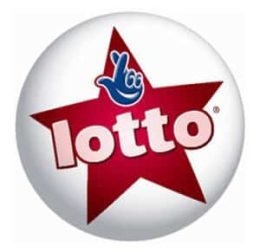
However, from 1997 onwards, another weekly sweepstakes was introduced every Wednesday. The debut Wednesday lottery was held on 5th November 1997. The title of the countrywide raffle, ‘National Lottery’ changed in 2002 as from 18th May onwards, the lottery was rechristened, ‘Lotto’. Nine years later in 2011, the rollover ceiling limit in UK lotto history is increased to four from three thereby opening up possibilities for more participants to win larger takings.
A jackpot of £19.5 resulting from the first fourfold rollover is carved up amongst and between five lucky winners. A slew of changes were brought about in 2013 with effect from 5th October. For instance, the value of jackpot offerings went up; a Lotto Raffle was launched where every draw gave away 50 prizes in total with each valued at £20,000.




















































